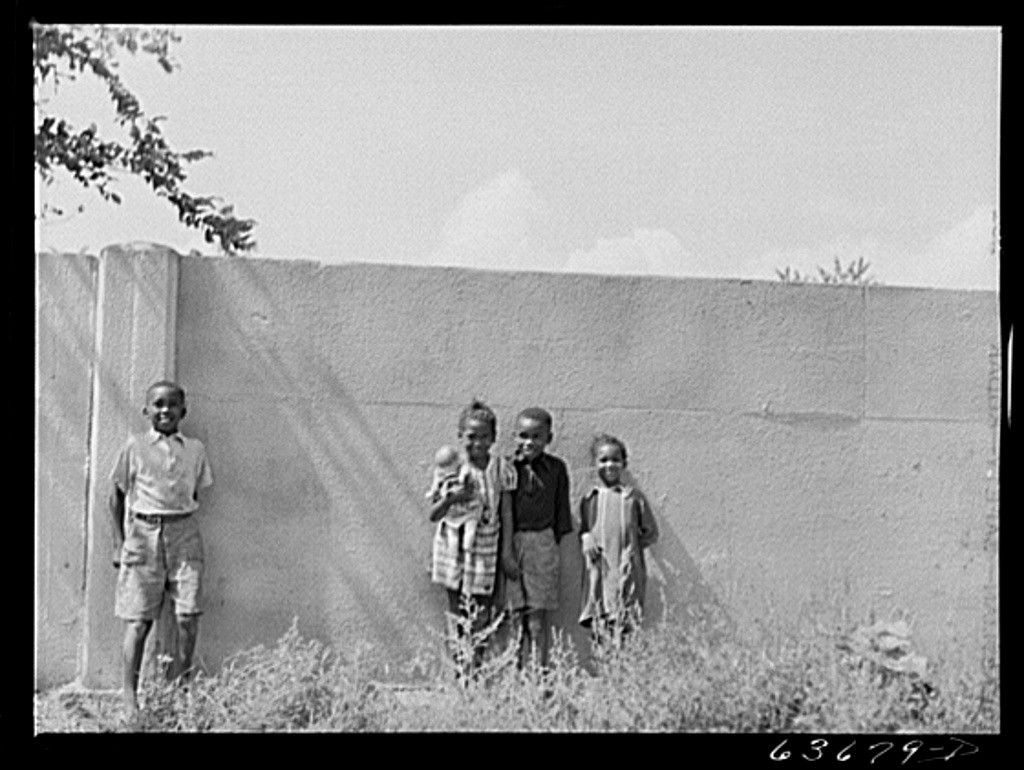Native Son. White guilt.

Baltimore haunts me. And I fear it always will. I feel guilty. Guilty for being white. Guilty for taking flight. Guilty for white fright. Guilty for that time I said “nappy little head”.
Related: Baltimore City, You’re Breaking My Heart
I don’t remember the first time I saw a black person. I think it was during a youthful summer spent in Denver. There were no blacks where I came from: small towns at the tree line in the Rockies. White people living in white snow. Then later on in the high desert of New Mexico, there were brown people but not black. Navajos, Apaches, and Mexicans. I was used to them.
I see a black person all the time now. Half-black, anyway. She’s in my house. In my head. In my heart. Her name is Bria. She is the bridge. I worry, though, that racism will affect her. Because her mother is white and her father is black.
See also: James Baldwin’s Paris and The New Jim Crow: Mass Incarceration in the Age of Colorblindness
Richard White’s Native Son is considered a seminal book on race in America. It was the most powerful book I have ever read. From NPR’s The Legacy Of A Nation’s ‘Native Son’:
African-American author Richard Wright had a very different upbringing from his daughter, Julia. In his autobiography, Black Boy, Wright described the neighborhood he lived in as a child as swarming with “rats, cats, dogs, fortune tellers, cripples, blind men, whores, salesmen, rent collectors and children.”
By the time Wright was 12, he’d set fire to his mother’s home, been sent to an orphanage and been lured into a Memphis bar and plied with liquor.
“Smoke obscured the vision and cinders drifted into the house, into our beds, into our kitchens, into our food; and a tarlike smell was always in the air,” he wrote.
Just a generation later, his daughter grew up in a very different world; in the late 1940s, Wright moved the family to Paris, where Julia would later attend the Sorbonne.
It was in Paris that Julia first encountered her father’s famous autobiography. She was 12 at the time, and she found Black Boy on the shelf one evening when her parents were at the theater.
“I really didn’t want to read it. I maybe would have preferred a mystery,” she recalls. “Then I went into the kitchen and took some chocolate caramels and went to bed with Black Boy and the chocolate caramels.”
Here’s some of what she read: By the time Wright was 12, he’d set fire to his mother’s home, been sent to an orphanage and been lured into a Memphis bar and plied with liquor.
“When I got to the end of Chapter 2 and I read that he only had an orange for Christmas and that he sucked it slowly to make it last, I spit the caramels out,” says Julia.
Recent research shows that reading novels increases compassion and empathy. Native Son should be required reading for every American.